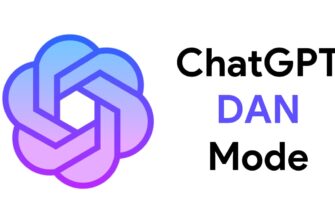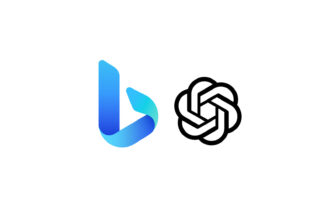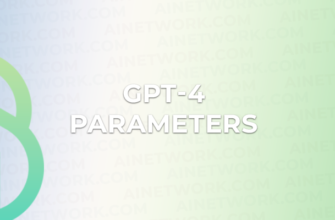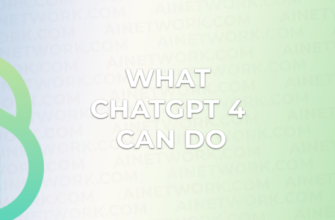ChatGPT is an AI language model that has become increasingly popular for its ability to answer a wide range of questions in a conversational manner. However, with the increasing use of AI language models, users have become increasingly concerned about the privacy of their interactions with these systems. One common concern is whether ChatGPT questions are private and whether their conversations with the system are being recorded or monitored. This article will explore this question and provide insights into how ChatGPT works and how user privacy is protected.
Are ChatGPT Questions Private?
ChatGPT is an AI language model that provides conversational answers to a wide variety of questions. However, users often have concerns about the privacy of their questions and conversations with the system. This article will explore the question of whether ChatGPT questions are private.
How ChatGPT Works
ChatGPT processes text input from users and generates responses using machine learning algorithms. The system is not designed to store or retain user data, including the questions and conversations that occur during a session. Once the session is complete, all data is deleted and cannot be accessed by anyone, including the developers or operators of the ChatGPT system.
Potential Privacy Risks
While ChatGPT itself does not store user data, third-party applications or services used in conjunction with ChatGPT may collect user data. For example, mobile apps or websites that provide access to ChatGPT may collect information about interactions with the system or other data transmitted during a session.
Protecting User Privacy
To ensure privacy while using ChatGPT, users should read the privacy policy of the platform or app used to access the system. This will provide information about data collection, usage, and measures in place to protect user privacy. By understanding potential privacy risks and taking necessary precautions, users can enjoy the benefits of ChatGPT while maintaining their privacy and security.
Q&A
Yes, ChatGPT questions are private and not stored by the system.
What potential privacy risks are associated with ChatGPT?
While ChatGPT questions themselves are private and not stored by the system, users should be aware of potential privacy risks associated with third-party applications or services. By taking steps to protect their privacy and understanding how the system works, users can enjoy the benefits of ChatGPT without compromising their personal information.









